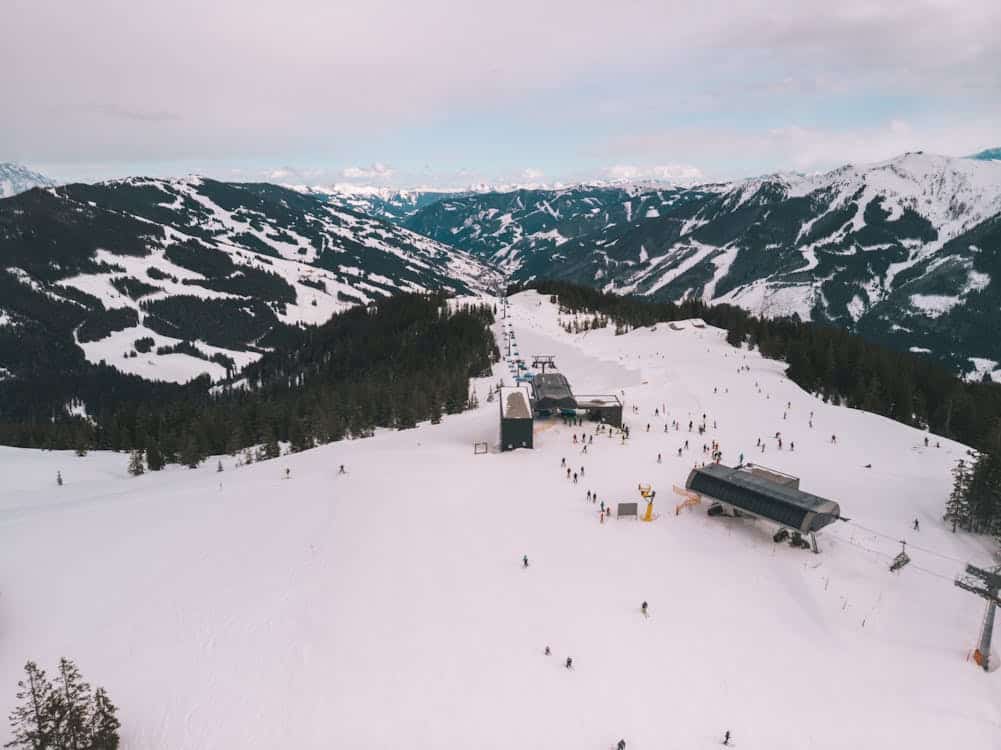“The Alpine region is affected by issues related to its mountainous environment and diverse culture (accessibility, a rich and sensitive biodiversity and environment, economic disparities) but also by global trends such as climate change, globalisation, and digitalisation.” (Interreg Alpine Space, 2021).
To achieve a desirable future, ski resorts in the Alps are challenged to identify the most pressing trends at a regional level and to design sustainable development paths in response. The EU’s Interreg program, which funds TranStat, supports cooperation across borders to address common challenges.
In addition to invigorating the network of Alpine communities to exchange expertise and experiences, the project is facilitating collaboration within resorts to actively address challenges and find sustainable responses.
In line with the United Nations’ Sustainable Development Goal 17 (“Strengthen the means of implementation and revitalize the Global Partnership for Sustainable Development”), TranStat aims at strengthening multi-stakeholder partnerships to mobilize and share knowledge and expertise.
The involvement of stakeholders poses several challenges. In order to gain an overview of participatory activities and to learn from experiences, the ÖAW/IGF TranStat team is observing the co-creative processes. Therefore, the team conducts interviews with project partners and collects information through online surveys. In addition to the approaches of the project partners, the ÖAW/IGF team is interested in the perspectives of the participants. Online surveys have confirmed that participants feel informed well about the project, it showed their motives for participating and the ways in which they want to contribute. It has also been helpful to identify participants’ expectations and suggestions for improvement.
The ÖAW/IGF team will continue to monitor TranStat to keep an overview of the implementation of the methodology and, most importantly, learn about transition processes through a multi-stakeholder approach.
Sources:
Interreg Alpine Space (2021). Cooperation area. https://www.alpine-space.eu/about-us/cooperation-area/ (accessed on 28.10.2024)
United Nations (n.d.). Multi-stakeholder partnerships. https://sdgs.un.org/topics/multi-stakeholder-partnerships (accessed on 28.10.2024)



